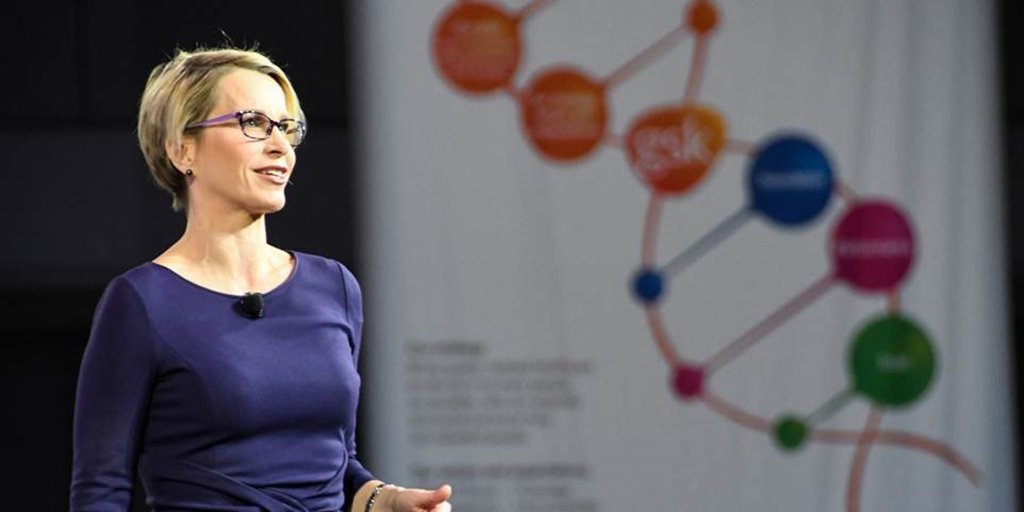GSK’s Walmsley backs #MeTooPay gender pay campaign

GlaxoSmithKline chief executive Emma Walmsley is among more than 100 prominent businesswomen in the UK who have launched a campaign to close the gender pay gap.
The #MeTooPay campaign – led by former Royal Mail chief executive Dame Moya Greene – has been set up by women who have played leadership roles in some of the UK’s biggest organisations and who are “frustrated to still read stories about women not getting the pay they deserve.”
Greene’s departure from the Royal Mail generated headlines last year after it emerged that she was replaced by a man who ended up getting paid almost £100,000 a year more than her £548,000 base salary – but had less experience.
Walmsley meanwhile was appointed CEO of GSK in 2016, becoming the first woman to head up a major pharmaceutical, but was granted a pay package by the board that was 25% lower than her predecessor Sir Andrew Witty.
Moya told the BBC that while most companies have good policies on equal pay, “in many cases they are not properly enacted, nor are they always leading to good outcomes.”
The campaign was launched in the wake of the BNP Paribas wage scandal centred on Stacey Macken, a broker who won a gender bias lawsuit against the company last month claiming she was paid significantly less than a male co-worker with the same job title and performance rating.
Macken was recruited on an annual salary of £120,000, but a male colleague was hired with the same job title for £160,000 shortly afterwards. He was awarded around £237,000 in bonuses over a five-year period, seven times more than the £33,000 offered to Macken.
#MeTooPay says its website will be “somewhere you can go to keep up to date on the latest stories of pay discrimination, learn about crucial court cases, and a place to share good and bad policies in action.”
Other female figures backing the campaign include former Lloyd’s of London CEO Dame Inga Beale, who has said she tried for years to tackle a laddish drinking culture at the company, as well as sports presenter Clare Balding and Dame Minouche Shafik, former deputy governor of the Bank of England and now director of the London School of Economics (LSE).
Last year’s Women Count 2018 report from diversity advocacy group The Pipeline concluded that women make up 10% of executive directors of the pharmaceutical companies within the FTSE 350, slightly better than the 8% cross-industry average.
That report also found “indefensible gaps in pay between men and women” across industry sectors that are worse when organisations don’t have women executives and CEOs, although The Pipeline doesn’t go into details on the pay gap.
A 2019 update is now available that finds little progress towards the government’s target that a third of leadership positions at FTSE 350 companies should go to women by 2020.
Pharma has a mixed performance in terms of representation, with women in executive committee roles now at 26% although the proportion with profit and loss (P&L) responsibility halved to 4%.
There was also a drop in representation of women executive directors on boards, down to 6% from 10% last year, which the report says “points to women taking on functional roles” rather than roles that could provide a route to CEO/chair positions.












